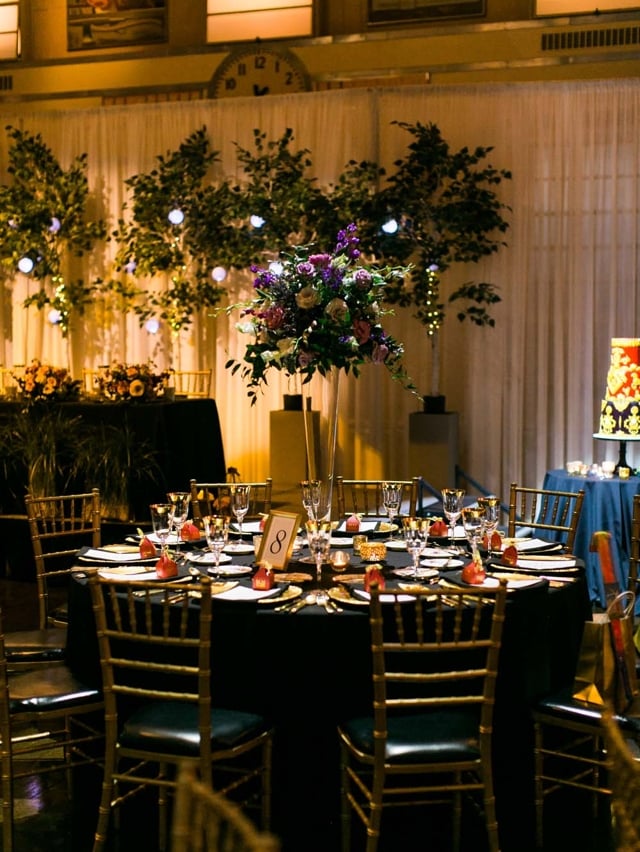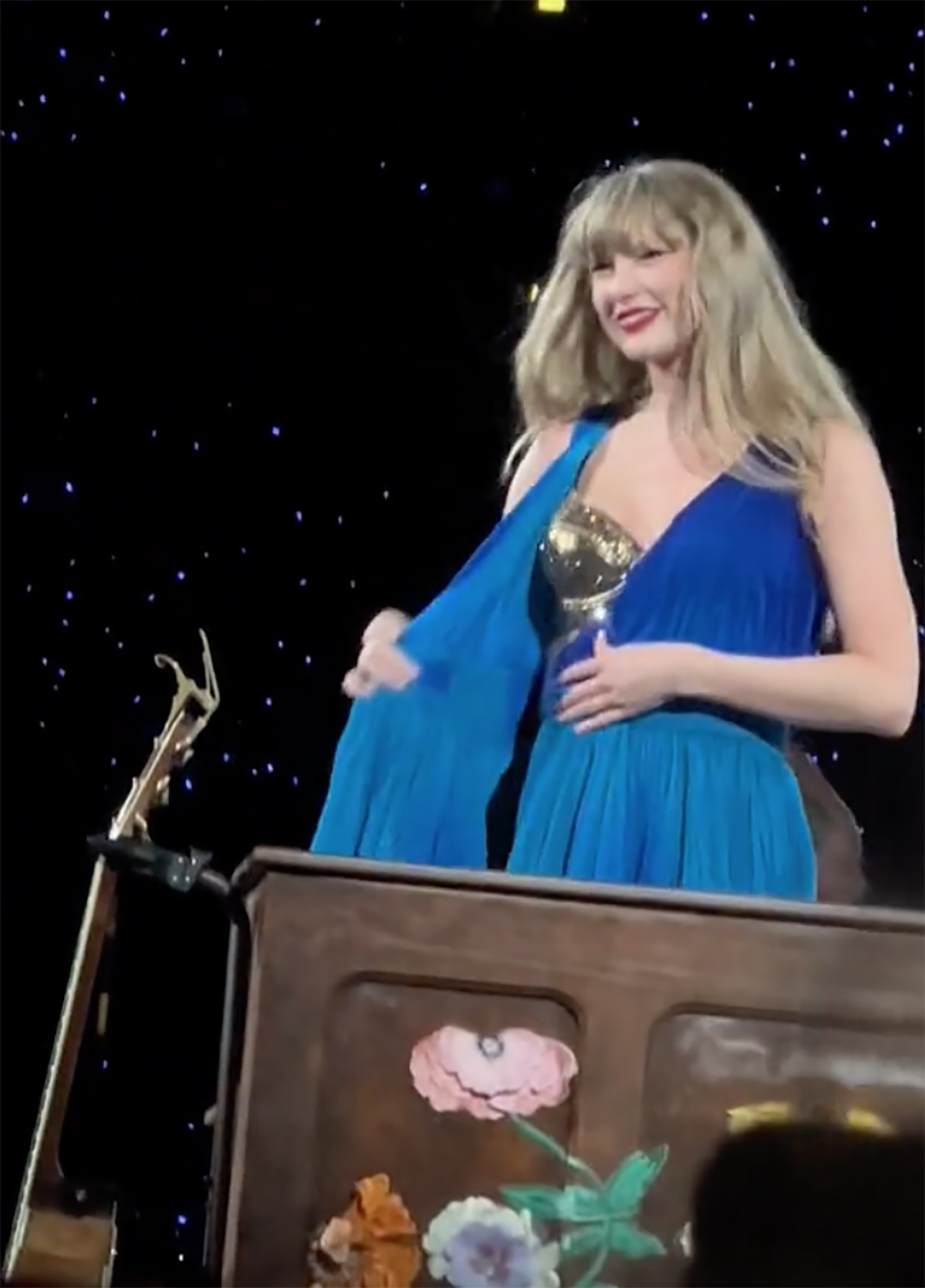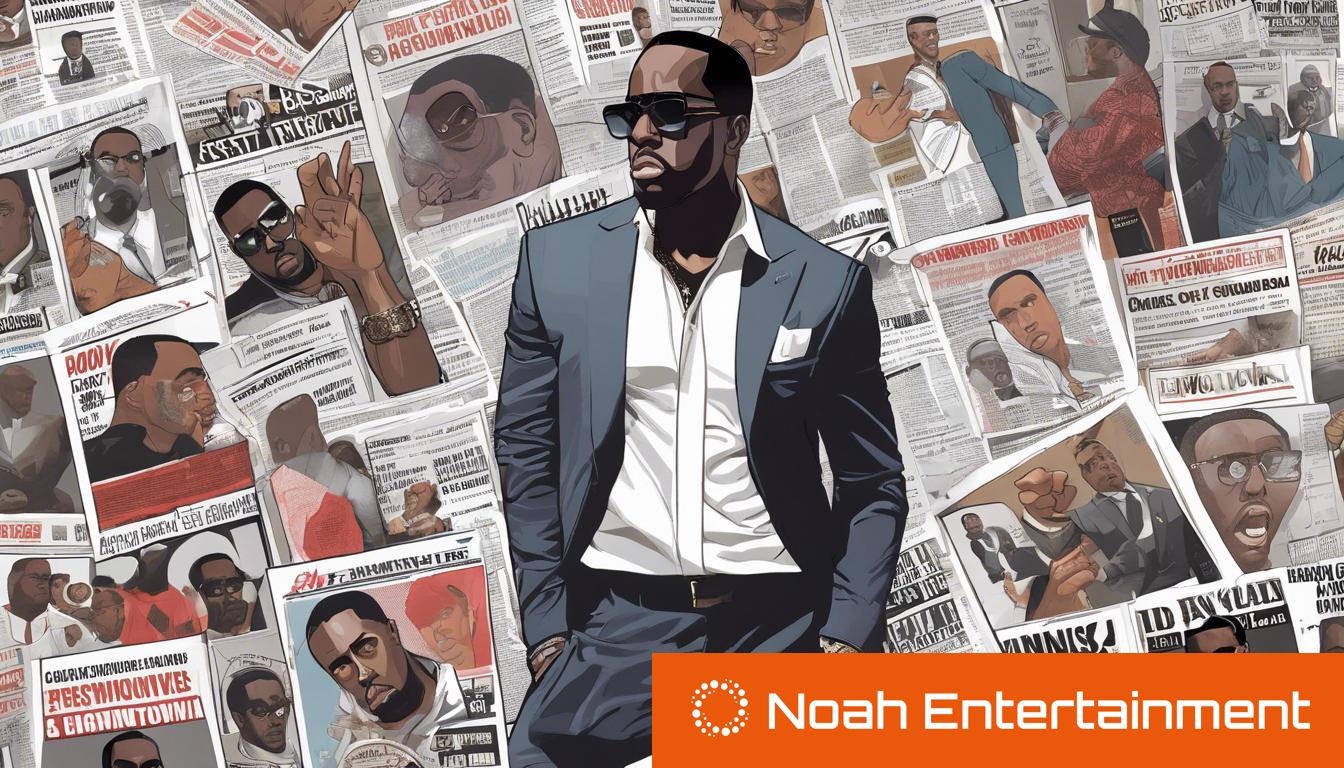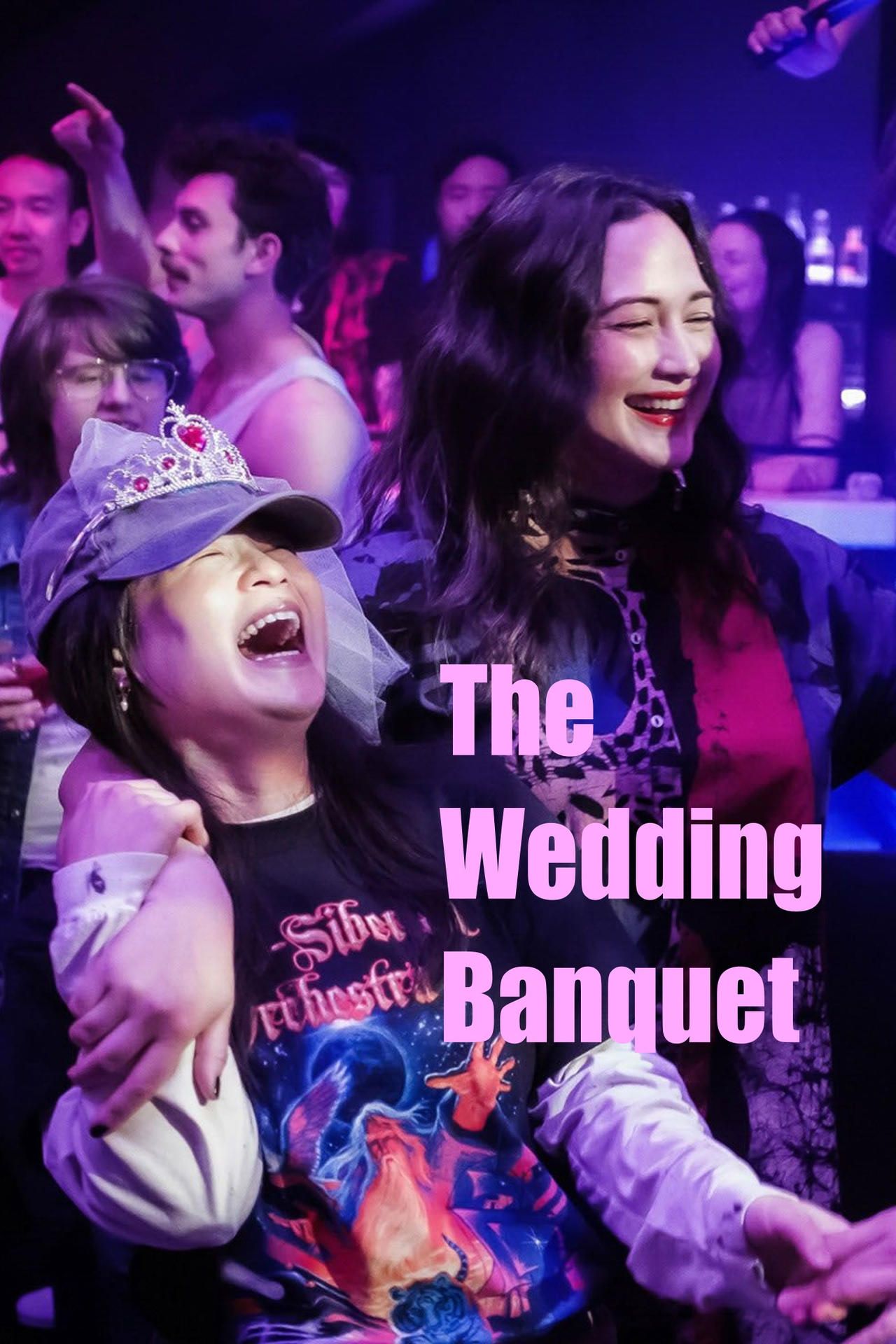Cultural Negotiation And Same-Sex Relationships In The Wedding Banquet

Table of Contents
The Pressure of Cultural Expectations and Arranged Marriage
Wai-Tung, the film's protagonist, finds himself at the epicenter of a profound internal conflict. His homosexuality clashes violently with his parents' unwavering expectations surrounding marriage and the continuation of their family lineage within traditional Taiwanese society. This cultural clash forms the bedrock of the film's narrative.
Wai-Tung's Dilemma
Wai-Tung's predicament is multifaceted:
- The pressure to marry a suitable Chinese bride: This pressure is not merely societal; it's deeply rooted in filial piety, a cornerstone of Chinese culture. His parents' desire for grandchildren and a continuation of their family name weighs heavily on him.
- The importance of face (面子): The concept of "mianzi," or face, is paramount in Chinese culture. Disappointing his parents would bring shame not only upon himself but upon the entire family. This societal pressure significantly impacts Wai-Tung's decisions.
- The deception involved in the sham wedding: Wai-Tung's agreement to a sham marriage with Wei-Wei highlights the lengths to which he'll go to appease his parents and maintain social harmony, even at the expense of his own emotional well-being.
Filial piety plays a crucial role in Wai-Tung's decisions. The ingrained cultural expectation to honor and obey one's parents creates an almost insurmountable obstacle in his path toward self-acceptance and open expression of his sexuality.
The Role of Wai-Tung's Parents
Wai-Tung's parents, while loving in their own way, represent the generation that adheres strictly to traditional values. Their actions, though sometimes misguided, stem from a place of cultural conditioning and a desire for what they perceive as the best for their son.
- Their understanding (or lack thereof) of homosexuality: Their limited understanding of homosexuality and their inability to reconcile it with their traditional worldview fuels much of the conflict.
- Their desire for grandchildren: The desire for a grandchild to carry on the family name is a deeply ingrained cultural expectation. This biological imperative fuels their insistence on a traditional marriage.
- Their hopes for social acceptance: Their desire for social acceptance and the avoidance of shame within their community further complicates their relationship with Wai-Tung.
The generational gap between Wai-Tung and his parents highlights the clash between modern values and traditional expectations, showcasing the complexities of cultural negotiation within family dynamics.
Negotiating Identity in a Bicultural Context
The Wedding Banquet masterfully portrays the challenges of navigating identity in a bicultural context. The film explores the tension between embracing a new culture and maintaining one's true self.
Wai-Tung and Simon's Relationship
Wai-Tung and Simon's relationship provides a poignant exploration of love's resilience against cultural pressures.
- Their differing approaches to cultural assimilation: Simon, a more openly gay man, navigates American culture with greater ease, representing a different approach to assimilation than Wai-Tung's more cautious strategy.
- The impact of secrecy on their intimacy: The constant need to hide their relationship from Wai-Tung's family deeply impacts their intimacy and creates a persistent strain on their relationship.
- The complexities of their love amidst cultural pressures: Their love story becomes a poignant metaphor for the difficulties faced by LGBTQ+ couples navigating cultural expectations and societal disapproval.
Assimilation vs. Authenticity
The film poignantly explores the conflict between assimilation and the pursuit of authentic self-expression.
- Wai-Tung's attempts to please his parents: Wai-Tung's actions reveal the extent to which he's willing to compromise his own truth to satisfy his family's expectations.
- The conflict between cultural expectations and personal authenticity: This internal conflict forms the core of his character arc, highlighting the emotional toll of suppressing one's true identity.
The Wedding Banquet as a Metaphor
The wedding banquet itself serves as a powerful metaphor, embodying the performance of cultural expectations and the inherent irony of the situation.
Symbolism and Irony
- The public display of a fabricated relationship: The elaborate wedding banquet acts as a public spectacle, a theatrical performance designed to conceal the truth of Wai-Tung's sexuality.
- The use of the banquet as a backdrop for cultural clashes and comedic moments: The comedic elements of the film, often stemming from cultural misunderstandings, highlight the absurdity of the situation.
Resolution and Ambiguity
The film's ending is intentionally ambiguous, offering no easy resolution to the complex issues it raises.
- The open-ended nature of the film's conclusion: The ambiguous ending leaves the audience to contemplate the future of Wai-Tung's relationship and his ongoing negotiation with his family.
- The potential for reconciliation or continued conflict: The uncertainty suggests the ongoing nature of cultural negotiation and the possibility of both reconciliation and continued conflict.
- The lasting impact of cultural negotiation on the characters' lives: The enduring impact of cultural expectations and the challenges of self-discovery leave a lasting impression on the audience.
Conclusion
The Wedding Banquet is a masterful exploration of cultural negotiation and same-sex relationships within a traditional Chinese family structure. Ang Lee uses humor and pathos to illuminate the complexities of family dynamics, the struggle for identity, and the search for authenticity in a world of societal expectations. The film's enduring power lies in its ability to resonate with audiences grappling with similar issues of cultural identity and navigating the challenges inherent in same-sex relationships.
Explore the nuanced portrayal of cultural negotiation and same-sex relationships in The Wedding Banquet for yourself. Further research into Ang Lee's filmography and critical discussions around LGBTQ+ representation in cinema will enrich your understanding of this powerful and relevant film. Engage in conversations about how The Wedding Banquet continues to resonate with contemporary audiences dealing with the complexities of cultural identity and the evolving landscape of same-sex relationships.

Featured Posts
-
 Taylor Swifts Eras Tour Wardrobe An In Depth Look With High Quality Images
May 18, 2025
Taylor Swifts Eras Tour Wardrobe An In Depth Look With High Quality Images
May 18, 2025 -
 150 Bet Mgm Bonus Use Code Cuse 150 In New Jersey And Pennsylvania
May 18, 2025
150 Bet Mgm Bonus Use Code Cuse 150 In New Jersey And Pennsylvania
May 18, 2025 -
 Kim Kardashian Sex Trafficking Allegations Kanye Wests Explosive Statements
May 18, 2025
Kim Kardashian Sex Trafficking Allegations Kanye Wests Explosive Statements
May 18, 2025 -
 The Wedding Banquet A Reimagining Of A Queer Asian American Story
May 18, 2025
The Wedding Banquet A Reimagining Of A Queer Asian American Story
May 18, 2025 -
 Historic Vegas Promotion The Story Of The Strats Success
May 18, 2025
Historic Vegas Promotion The Story Of The Strats Success
May 18, 2025
Latest Posts
-
 Get The Daily Lotto Results For Thursday April 17 2025
May 18, 2025
Get The Daily Lotto Results For Thursday April 17 2025
May 18, 2025 -
 Daily Lotto Results Sunday April 20 2025
May 18, 2025
Daily Lotto Results Sunday April 20 2025
May 18, 2025 -
 Find The Daily Lotto Results For Tuesday April 22nd 2025
May 18, 2025
Find The Daily Lotto Results For Tuesday April 22nd 2025
May 18, 2025 -
 Daily Lotto Results Sunday 20 April 2025
May 18, 2025
Daily Lotto Results Sunday 20 April 2025
May 18, 2025 -
 Tuesday April 22 2025 Daily Lotto Winning Numbers
May 18, 2025
Tuesday April 22 2025 Daily Lotto Winning Numbers
May 18, 2025
